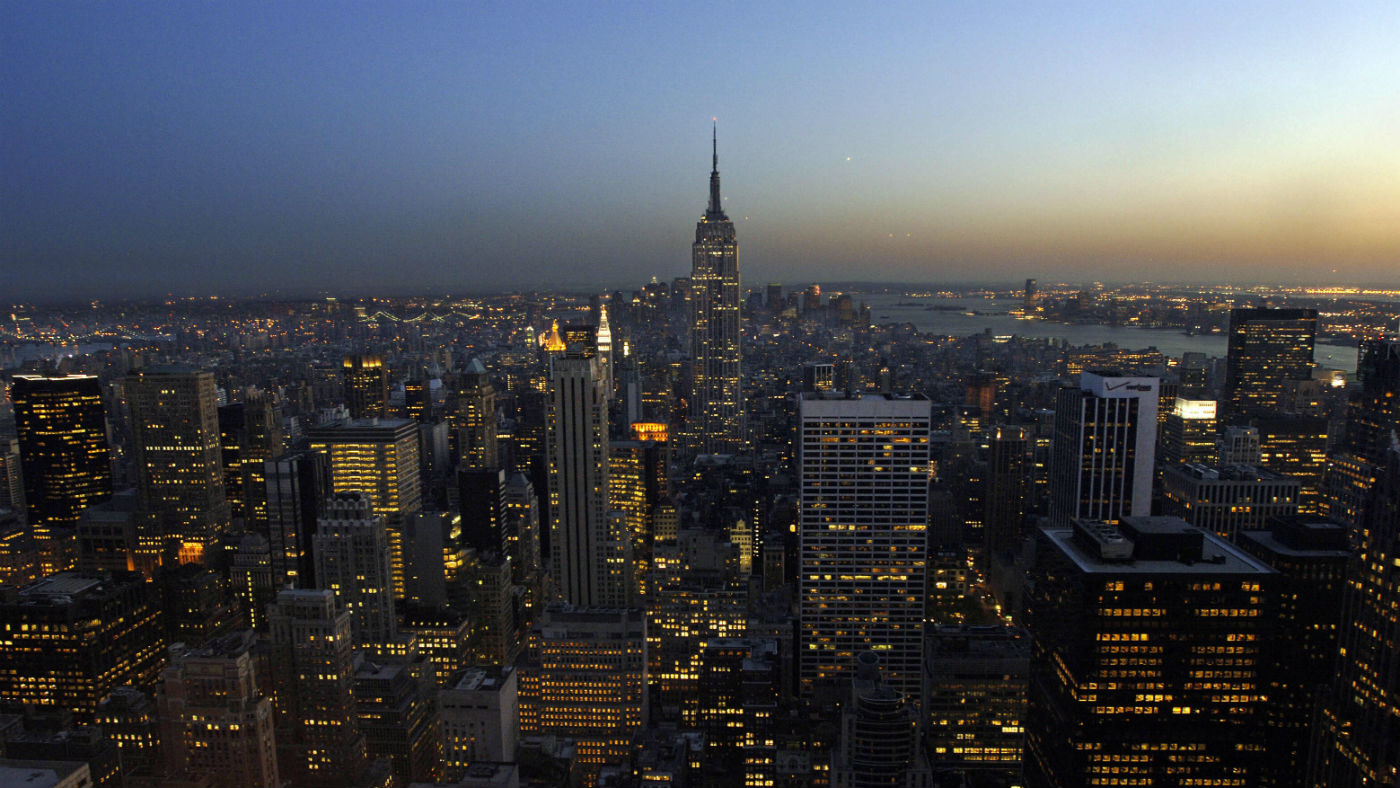What is behind the mass exodus of American CEOs?
More US chief executives are stepping down that any time since the financial crisis

A free daily email with the biggest news stories of the day – and the best features from TheWeek.com
You are now subscribed
Your newsletter sign-up was successful
More US chief executives are stepping down than at any time since the financial crisis, as a combination of concern over the global economy, changes in consumer behaviour and a new corporate culture drive change at the top.
According to job placement firm Challenger, Gray & Christmas, in the last quarter of 2018 a record number of American chief executives (425) left their jobs.
In total more than 1,450 US CEOs stepped down or were fired last year, marking a 25% jump compared to 2017 and the highest annual turnover since the financial crisis a decade ago.
The Week
Escape your echo chamber. Get the facts behind the news, plus analysis from multiple perspectives.

Sign up for The Week's Free Newsletters
From our morning news briefing to a weekly Good News Newsletter, get the best of The Week delivered directly to your inbox.
From our morning news briefing to a weekly Good News Newsletter, get the best of The Week delivered directly to your inbox.
“Sexual assault allegations. Racial slurs. Company policy violations — and a slew of retirement announcements. There were many reasons several high-profile CEOs have left their jobs this year,” says Fox Business.
The vice-president of the firm Andrew Challenger says the high level of departures is in part because companies are concerned about the outlook for the economy and markets, with CNN Business reporting that while the job market remains very strong, “the stock market is rocky, and many economists predict a recession is around the corner”.
Trade concerns also hang over a number of industries, including the manufacturing and tech sectors, Challenger said, meaning “boards are anticipating a changing environment and putting leadership in place who are capable of succeeding in it”.
Rana Foroohar in the Financial Times suggests it could be a combination of anti-corporate populism “making global business trickier;” a post-recession shift in attitude that means “being a titan of industry doesn’t carry quite the public cachet it once did;” and increased public company oversight that “means your pay and perks are under tremendous scrutiny”.
A free daily email with the biggest news stories of the day – and the best features from TheWeek.com
“The #MeToo movement is another contributing factor to the bump up in 2018’s departures” says Yahoo Finance, with boards facing pressure to actually enforce company policies regarding allegations of misconduct.
However, “despite the #MeToo movement, just 10 of those exits were the result of scandals,” says Fortune, with a majority (358) retiring and a similar number (337) stepping down into other roles within the company.
“In the end, I suspect that the key reason for the departures may be a sense of diminishing returns,” says Foroohar.
“We’re at the end of a very long credit cycle, and more corporate leaders know it can’t last. Most share buybacks are done at the top of the market. Perhaps we should view CEO resignations in the same light. Chief executives tend to like to go out at the top of their game. Perhaps their resignations are telling us something about the market now,” he concludes.
-
 The 8 best TV shows of the 1960s
The 8 best TV shows of the 1960sThe standout shows of this decade take viewers from outer space to the Wild West
-
 Microdramas are booming
Microdramas are boomingUnder the radar Scroll to watch a whole movie
-
 The Olympic timekeepers keeping the Games on track
The Olympic timekeepers keeping the Games on trackUnder the Radar Swiss watchmaking giant Omega has been at the finish line of every Olympic Games for nearly 100 years
-
 Labour shortages: the ‘most urgent problem’ facing the UK economy right now
Labour shortages: the ‘most urgent problem’ facing the UK economy right nowSpeed Read Britain is currently in the grip of an ‘employment crisis’
-
 Will the energy war hurt Europe more than Russia?
Will the energy war hurt Europe more than Russia?Speed Read European Commission proposes a total ban on Russian oil
-
 Will Elon Musk manage to take over Twitter?
Will Elon Musk manage to take over Twitter?Speed Read The world’s richest man has launched a hostile takeover bid worth $43bn
-
 Shoppers urged not to buy into dodgy Black Friday deals
Shoppers urged not to buy into dodgy Black Friday dealsSpeed Read Consumer watchdog says better prices can be had on most of the so-called bargain offers
-
 Ryanair: readying for departure from London
Ryanair: readying for departure from LondonSpeed Read Plans to delist Ryanair from the London Stock Exchange could spell ‘another blow’ to the ‘dwindling’ London market
-
 Out of fashion: Asos ‘curse’ has struck again
Out of fashion: Asos ‘curse’ has struck againSpeed Read Share price tumbles following the departure of CEO Nick Beighton
-
 Universal Music’s blockbuster listing: don’t stop me now…
Universal Music’s blockbuster listing: don’t stop me now…Speed Read Investors are betting heavily that the ‘boom in music streaming’, which has transformed Universal’s fortunes, ‘still has a long way to go’
-
 EasyJet/Wizz: battle for air supremacy
EasyJet/Wizz: battle for air supremacySpeed Read ‘Wizz’s cheeky takeover bid will have come as a blow to the corporate ego’